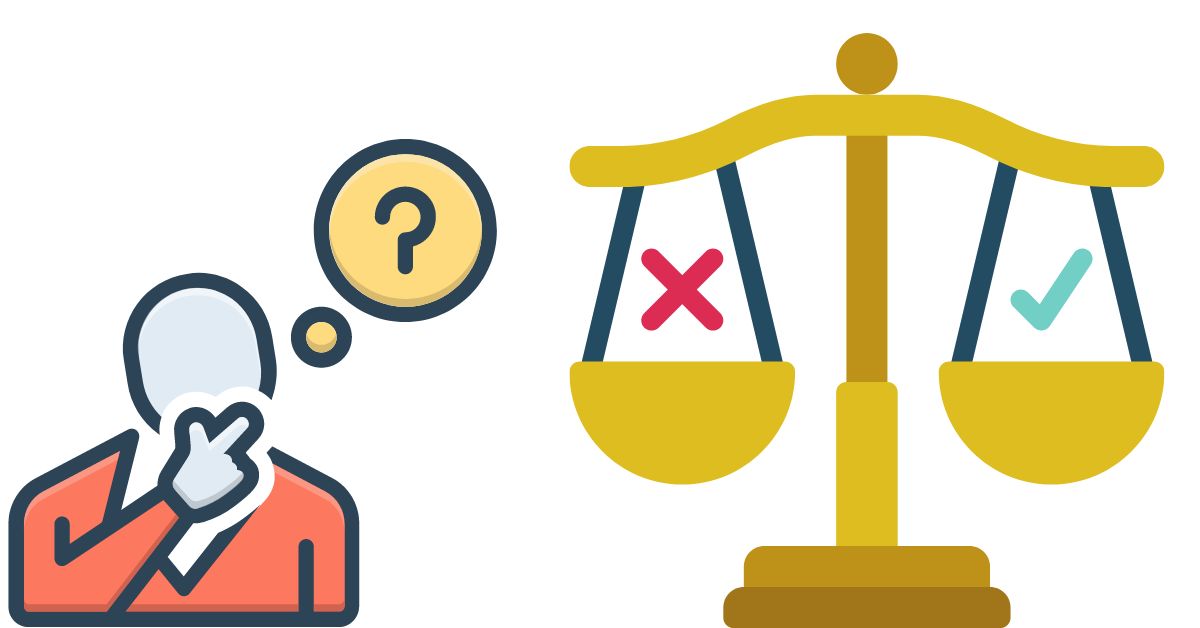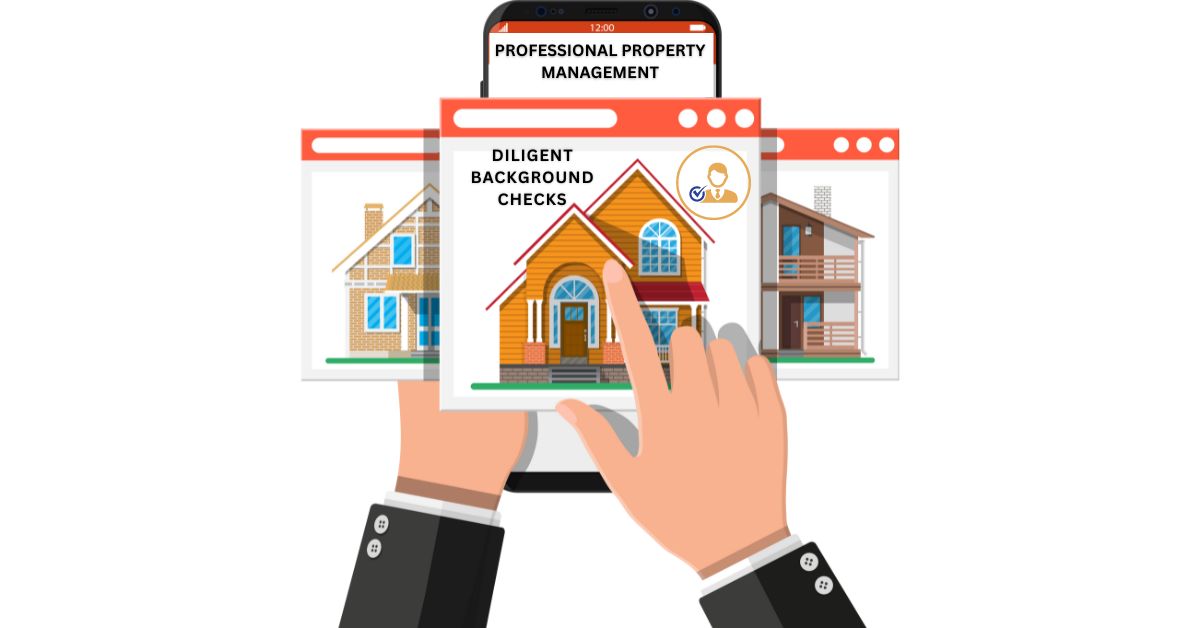Landlord background checks are a crucial tool. They serve as a protective shield, mitigating risks and ensuring tenant quality.
However, conducting these checks is not a simple task. It requires a deep understanding of local laws and regulations, particularly in the Atlanta area.
This article aims to guide real estate investors and property owners through this complex process. It will provide actionable insights into conducting thorough and compliant landlord background checks.
From obtaining tenant consent to interpreting background check reports, we will cover it all. We will also delve into the importance of privacy and security during this process.
By the end of this guide, you will be equipped with the knowledge to transform your property management experience. You will be able to navigate the complexities of landlord background checks with confidence and ease.
Understanding the Importance of Landlord Background Checks
Landlord background checks are more than just a formality. They are a strategic tool that can significantly impact the profitability and stress-free operation of your rental properties.
These checks provide a comprehensive view of a prospective tenant's history. They reveal crucial information about their financial stability, criminal records, and past rental behavior. This information is invaluable in making informed decisions about tenant selection, thereby reducing risks and enhancing tenant satisfaction and retention.
Legal Considerations and Compliance

Conducting landlord background checks is not just about gathering information. It's also about ensuring compliance with local laws and regulations. In the United States, for instance, the Fair Housing Act prohibits discrimination based on race, color, national origin, religion, sex, familial status, or disability.
This means that when conducting background checks, landlords must treat all applicants equally. They cannot use the information obtained to discriminate against prospective tenants. It's crucial to understand these laws and ensure that your background check process is in full compliance.
Non-compliance can lead to legal consequences, including hefty fines and damage to your reputation. Therefore, it's essential to stay updated on local Atlanta laws regarding tenant screening and background checks. This will help you navigate the complexities of the legal landscape while ensuring a fair and transparent process for all applicants.
Obtaining Tenant Consent: The Landlord Tenant Background Check Form
Before conducting a background check, it's crucial to obtain the tenant's consent. This is typically done using a landlord tenant background check form. This form should clearly state that a background check will be conducted and that the prospective tenant consents to this process.
It's important to note that consent is not just a formality. It's a legal requirement. Without the tenant's consent, conducting a background check could be considered an invasion of privacy, leading to potential legal repercussions. Therefore, always ensure you have the necessary permissions before proceeding with the background check process.
Conducting a Comprehensive Background Screening
Once you have obtained consent, the next step is to conduct a comprehensive background screening. This process involves checking various aspects of the tenant's history to assess their suitability for your property. It's not just about their ability to pay rent, but also their behavior and reliability as a tenant.

A comprehensive background screening typically includes a credit history analysis, criminal and eviction history checks, income verification, and identity verification. Each of these components provides valuable insights into the tenant's past behavior and future potential as a tenant.
Remember, the goal of a background check is not to discriminate, but to make an informed decision. It's about protecting your property, your investment, and ensuring a harmonious living environment for all tenants.
Credit History Analysis
A credit history analysis is a crucial part of the background screening process. It provides insights into the tenant's financial behavior, including their ability to manage debt and make payments on time.
A poor credit history might indicate financial instability, which could affect the tenant's ability to pay rent consistently. However, remember to consider the context and any extenuating circumstances that may have contributed to a low credit score.
Criminal and Eviction History Checks
Criminal and eviction history checks are another essential component of a comprehensive background screening. These checks can reveal past behaviors that could potentially pose a risk to your property or other tenants.
A history of evictions, for instance, might suggest a pattern of problematic behavior or financial instability. Similarly, a criminal record could indicate potential safety risks. However, it's important to consider the nature and severity of any offenses, as well as how long ago they occurred. For example, HUD has put out extensive guidance on using criminal background checks, and they advise that you can only consider convictions, not arrests. They also recommend only considering certain types of convictions, as well as putting a time limit on it. Because of how complicated compliance can be, it is very important to familiarize yourself with HUD guidance.
Identity Verification
Identity verification is a crucial step in the background screening process. Identity verification ensures that the tenant is who they claim to be, as identity theft is a widespread problem today.
Income Verification
Finally, verifying a tenant’s income is perhaps the most important element of the background screening. This is the number one indication of whether a tenant will be able to pay what they owe. Generally, landlords should require a minimum of 3x the monthly rent as gross income, only allowing below that if additional deposits or fees are collected (and NEVER going below 2x the rent). Remember that falsification of pay stubs is relatively easy, and some tenants have been known to even falsify tax returns or bank statements. Be extremely detailed in your review of these verification documents.
Interpreting Background Check Reports
Once you've conducted a comprehensive background screening, the next step is to interpret the results. This involves understanding what the information means and how it should influence your decision-making process.

It's important to remember that not all negative findings are deal-breakers. The key is to identify significant red flags and understand how to address potential tenant issues that may arise from the background check findings.
Identifying Red Flags
Red flags in a background check report are indicators of potential risk. These could include a history of evictions, felony criminal convictions, or a poor credit score.
However, it's crucial to consider the context of these findings. For instance, a single late payment years ago may not be as concerning as a recent history of missed payments.
Addressing Potential Tenant Issues
If the background check uncovers potential issues, it's important to address them appropriately. This might involve seeking additional documentation from the applicant. However, we do not recommend just taking an applicant at their word if they say they can explain past problems. Sadly, dishonesty is quite common nowadays.
Remember, the goal is not to discriminate, but to make informed decisions. It's about ensuring the safety and satisfaction of all tenants, as well as the profitability and compliance of your property management operations. Trust but verify is the name of the game.
Best Practices for Privacy and Security
Conducting landlord background checks involves handling sensitive personal information. Therefore, it's crucial to adhere to best practices for privacy and security.
This includes obtaining explicit consent from tenants, securely storing data, and ensuring that information is used solely for the purpose of tenant screening. By doing so, you not only comply with legal requirements but also build trust with your tenants.
The Role of Professional Background Screening Services
Professional background screening services can be a valuable asset for landlords. They offer comprehensive checks that cover credit, criminal, and eviction histories, among other things.
These services also ensure compliance with Fair Housing Laws and other regulations. By leveraging their expertise, landlords can make informed decisions, mitigate risks, and enhance tenant satisfaction and retention.
Conclusion: The Impact of Diligent Background Checks on Property Management

Conducting diligent landlord background checks is a critical aspect of effective property management. It helps to ensure a profitable and stress-free experience for property owners and investors.
By mitigating risks, ensuring tenant quality, and enhancing tenant satisfaction and retention, background checks contribute significantly to the long-term success of your rental property. They are an investment in the stability and profitability of your property, making them an essential part of your property management strategy.


